Roughly two-thirds of all gun-related fatalities each year are suicides. Gun control advocates include those numbers in the statistics for two reasons. One of which is to inflate the number. The other is that they like to try and use suicides to justify all kinds of gun control measures.
The problem is that suicide is a separate issue, one that won’t be solved through any amount of gun control.
However, someone who considered suicide with a gun has some comments about the flawed system.
In Pennsylvania, the Uniform Firearms Act and Section 302 of the state’s Mental Health Procedures Act prohibit gun ownership by those with a history of commitment for mental health issues. This restriction has been tested in and upheld by the U.S. Court of Appeals for the 3rd Circuit.
Unfortunately, this prohibition both fails to prevent suicide–the number one cause of gun deaths nationally–and denies a constitutional right to all people who have struggled in the past with mental illness serious enough to require a hospitalization, even if they’ve fully recovered. The additional unintended results of these laws are heightened stigmatization of people who have overcome mental health challenges, and an incentive for those currently suffering with such issues to avoid treatment.
Instead of this pre-emptive restriction of a constitutional right, we should more carefully consider what factors are unique among certain mental health illnesses. And my story may yield some clues about how we may think about those suffering with suicidal ideations, and how we can best address both their safety and rights.
Suicide, while often the result of a long downward spiral, is almost always an impulsive act. The stereotype of the person who plans, gets their affairs in order and leaves a profound note is mostly a fiction. More often than not, a decision to die is rashly made. Few of these people have a past history of inpatient treatment and would not be stopped by gun laws that consider past hospitalizations or mental health diagnoses.
In my case, a sensible and minimally restrictive waiting period enabled that impulse to pass and saved my life. In an extensive research report from the Annals of Epidemiology and republished by the National Institutes of Health the researchers conclude: “An emphasis on time-sensitive risk for violence or suicide, as the foundation of evidence-based criteria for prohibiting firearms access, would be a more productive policy approach to prevent gun violence than focusing broadly on mental illness diagnoses and a record of involuntary psychiatric hospitalization at any time in one’s life.”
Mental illness certainly plays a role in many suicides. Yet, while many of the people who commit suicide struggle with mental illness, few people with mental illness ever actually attempt suicide. And among those who have in the past attempted suicide, gun ownership is much lower than the general population.
You really should read the whole thing. While I don’t agree with everything the author says, it’s clear he desires to reach some kind of balance where suicides can be prevented and gun rights still are respected. I get why he argues waiting periods may be of benefit later, I have reasons to disagree. It’s other matters where he makes a lot of sense, though.
In particular among those who have gotten help to deal with mental health challenges and still are barred from possessing a firearm. This, in my mind, is a serious problem.
A person who is suicidal today won’t always be. If they get treatment, they may well move on and never have an issue again.
The problem is that we, as a society, still view all mental illnesses as the same. I mean, think of what you imagine when you hear the term “mental illness.” The problem is that mental illness stretches from someone suffering from mild depression all the way to things like paranoid schizophrenia and other such conditions.
Within the mental health provider community, these conditions aren’t treated the same, yet we still lump them all together despite the guy feeling mild depression isn’t a threat to anyone, even himself. Laws meant to keep guns out of the hands of the truly dangerous are instead keeping them out of the hands of a lot more people, many of whom aren’t a threat or aren’t one any longer.
We would do well to examine such laws and recognize that no all mental illnesses are created equal.
If you are considering suicide, please contact the national suicide prevention hotline at 1-800-273-8255
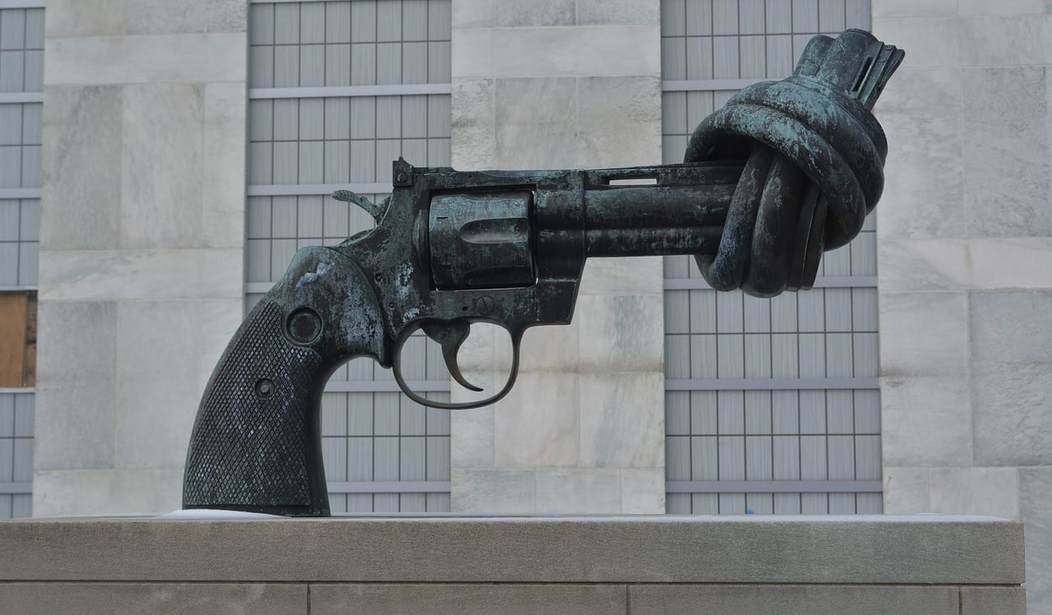


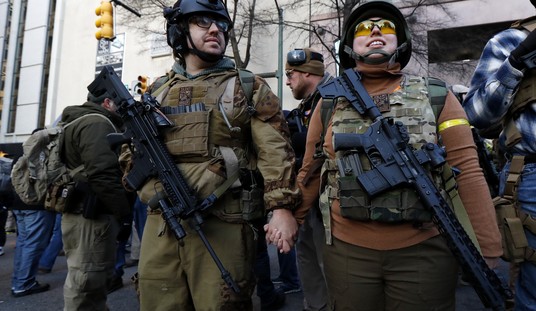
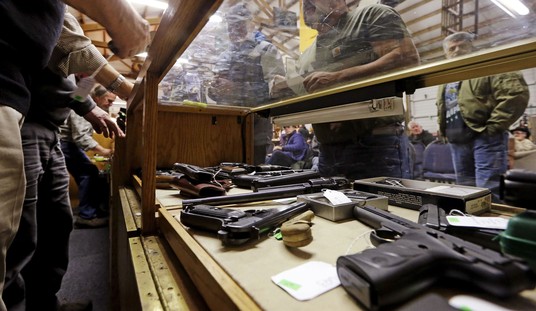
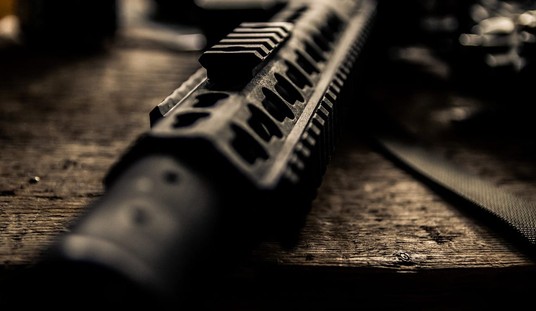

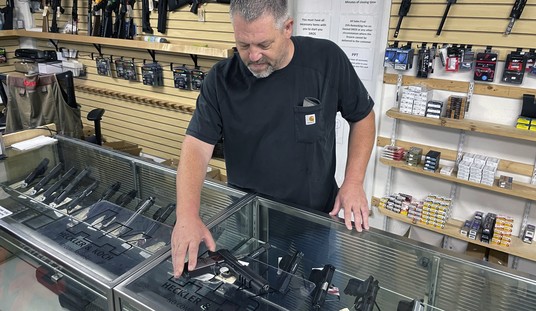
Join the conversation as a VIP Member